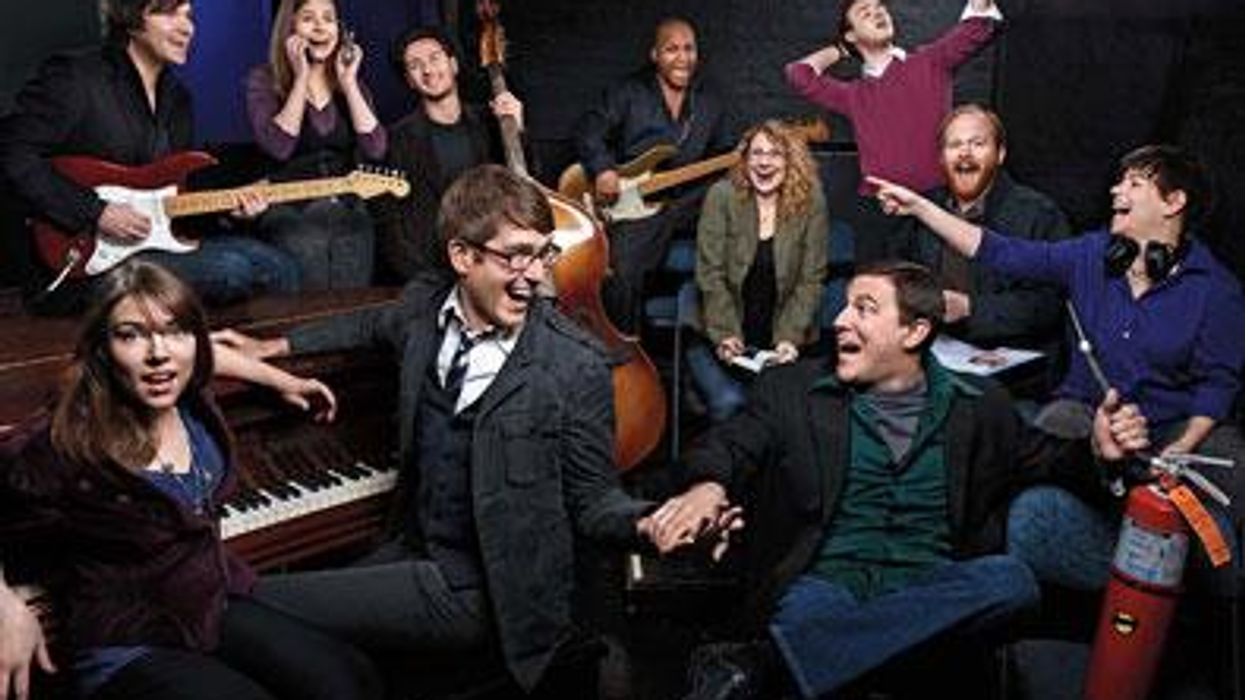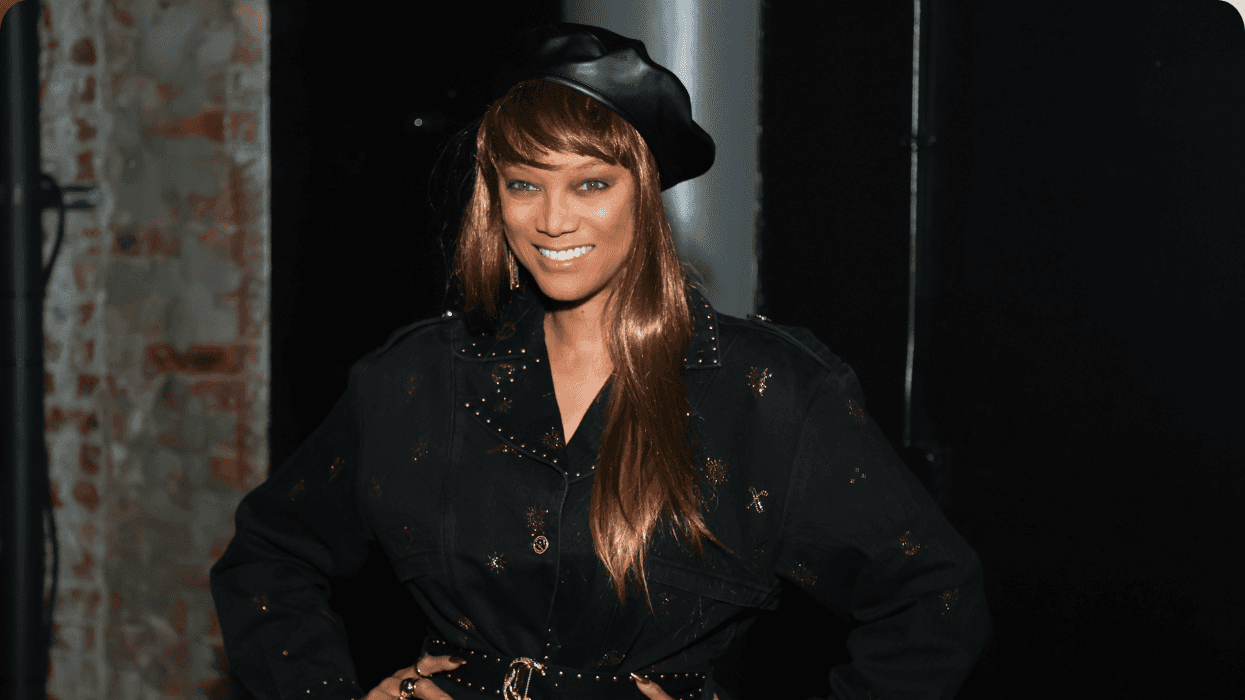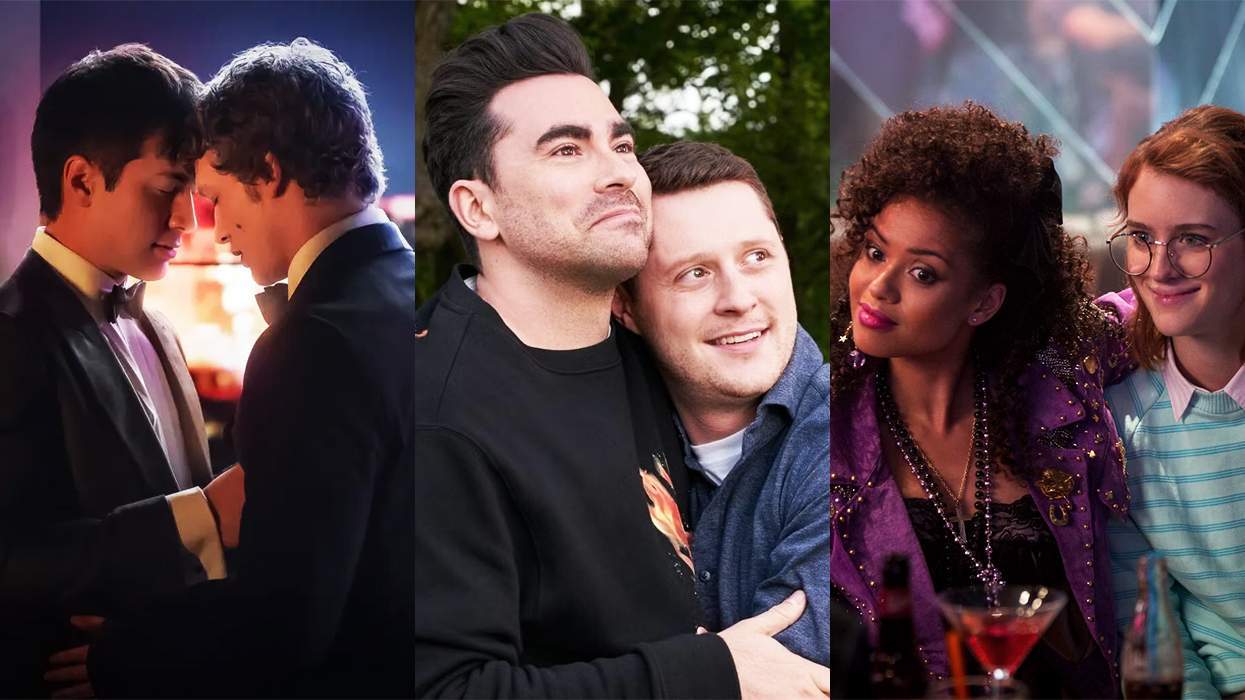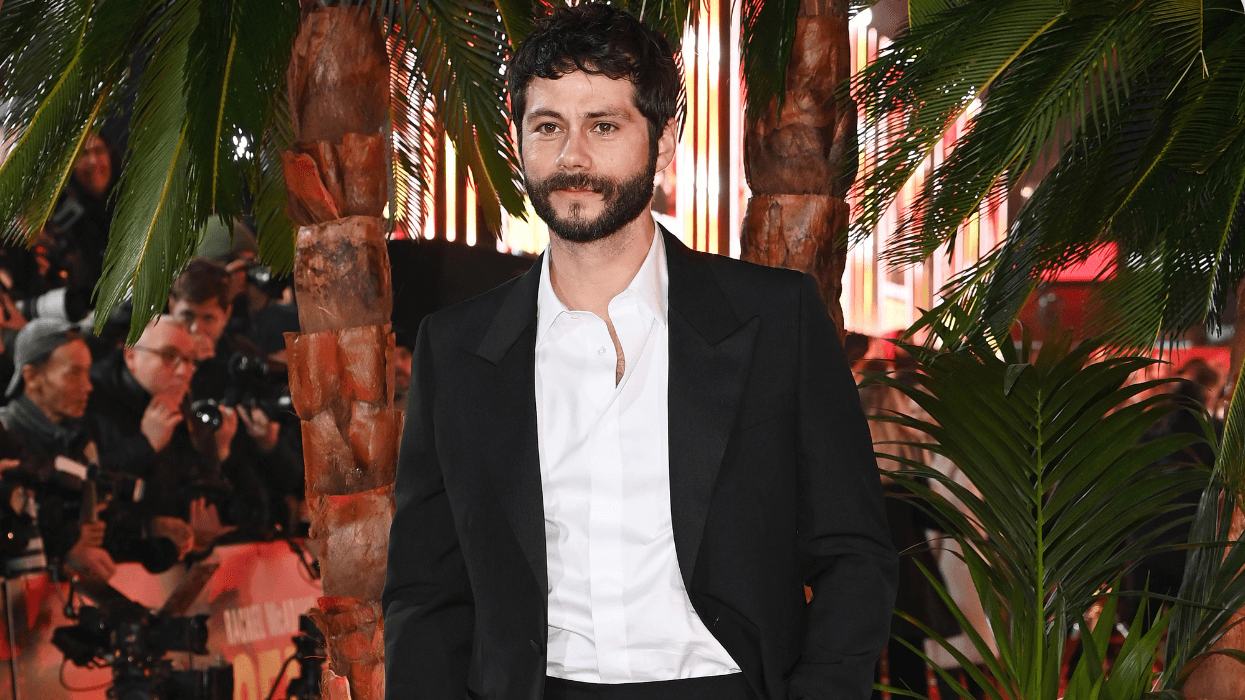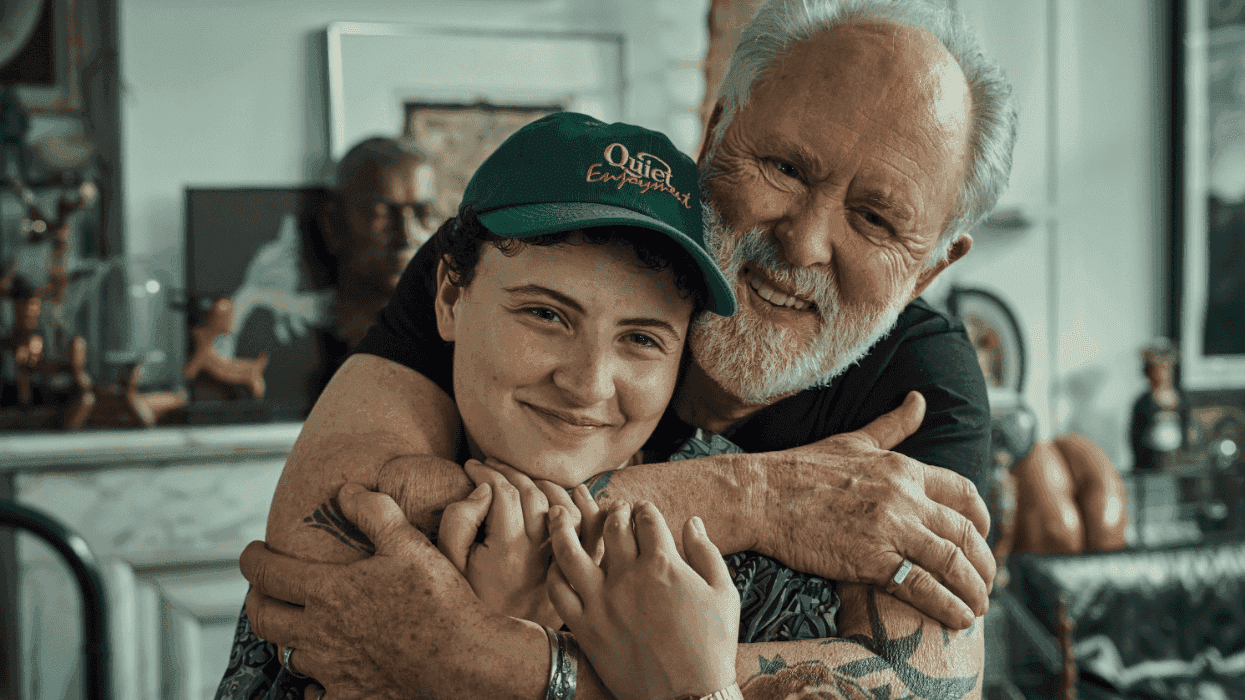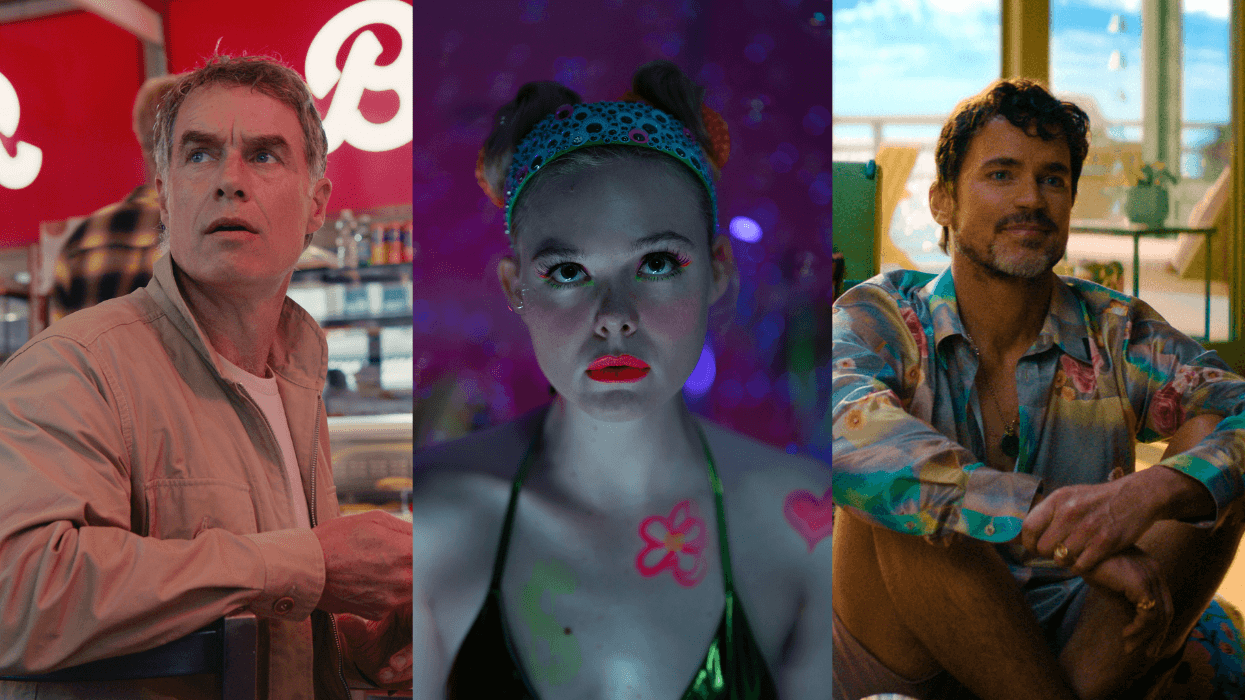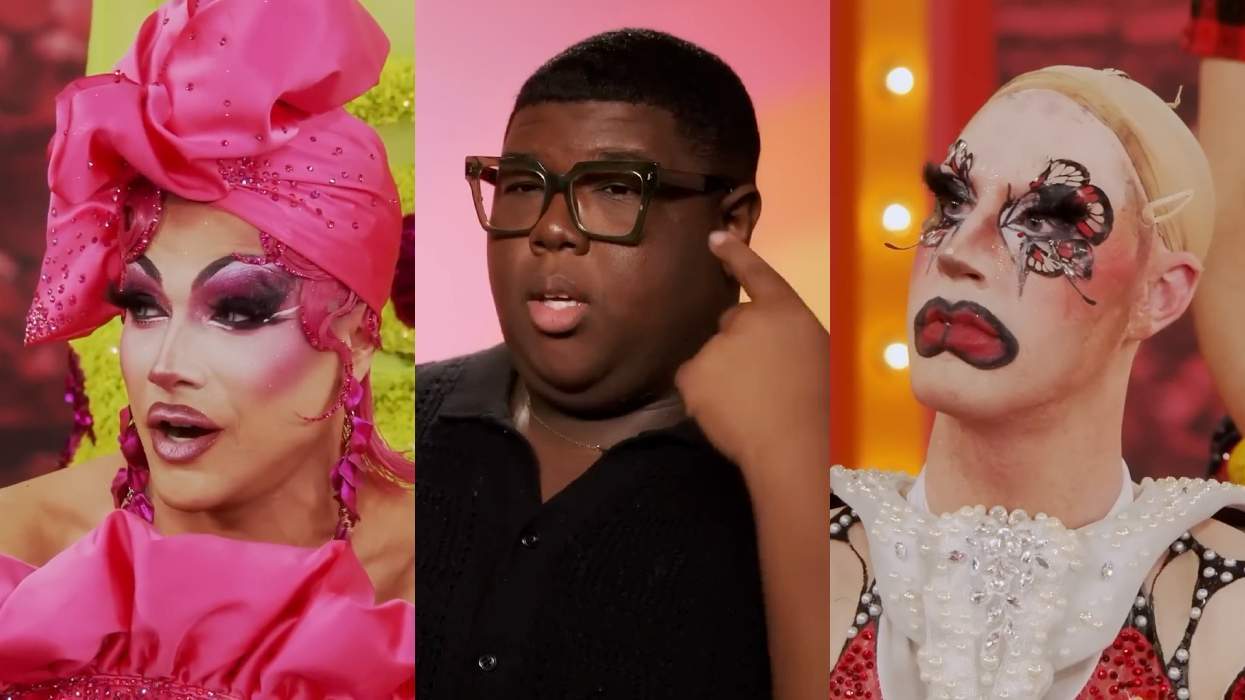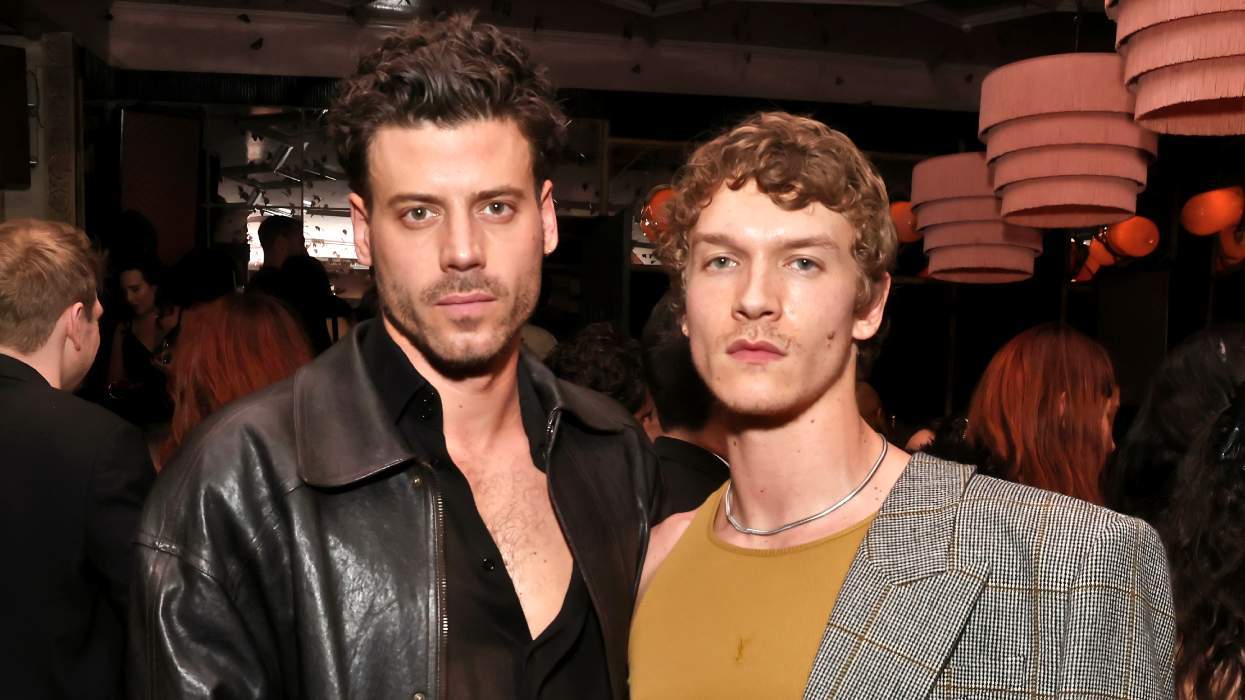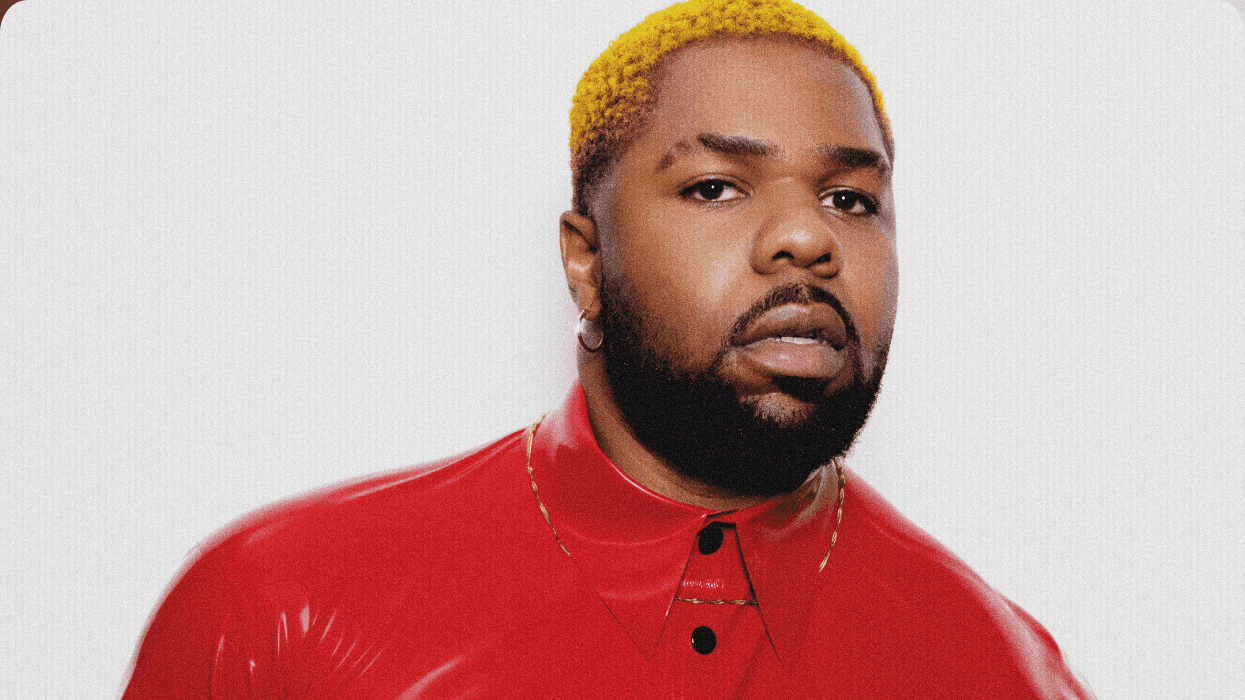How do you solve a problem like Broadway? The most expensive musical ever is this years $50-million Broadway gamble, Spider-Man: Turn Off the Dark, whose March opening has been delayed until November. Its inexperienced lead producer, David Garfinkle, was the type of creative mind who might peddle Spider-Man pajamas or Spider-Man cereal, the kind of person who sees Broadway as a platform for brand extension. Garfinkle is out, and financial rescue is now coming from a familiar white knight for Broadway: Disney. The burden of blockbusters is just one example of what ails Broadway and is symptomatic of the larger problem: a pervasive sense that theater and marketing are interchangeable. Its the same mind-set that goes for celebrity casting in shows or the reliance on derivative material. Thankfully, though, theres a contingent of folks giving Broadway the antidote it needs. But will it take its medicine? Even ignoring derivative adaptations and revivals, stunt casting has run amok. Last year saw two runs of Hamlet; The New York Times called one a perfect portrayal; the other starred Jude Law gesturing and enunciating violently. Its tough to say how many people who waited in the rain last summer for Anne Hathaways Shakespeare in the Park run knew that they were in line for Twelfth Night. But its safe to say all of them knew Hathaway was starring. How many people bought tickets to Daniel Radcliffes penis and happened to catch a performance of Equus as well? Stunt casting has become normal-- even expected. Since its 1996 revival, Chicago has cast George Hamilton, Marilu Henner, Jasmine Guy, Sandy Duncan, Jennifer Holliday, Sharon Lawrence, Backstreet Boy Kevin Richardson, both Dukes of Hazzard (John Schneider and Tom Wopat), Alan Thicke, Robert Urich, Billy Zane, Paige Davis, Wayne Brady, Melanie Griffith, Joey Lawrence, Huey Lewis, Brian McKnight, Gretchen Mol, Usher, Brooke Shields, Ashlee Simpson-Wentz, Jerry Springer, Patrick Swayze, Chandra Wilson, Rita Wilson, Harry Hamlin and Lisa Rinna, John OHurley, Robin Givens, and -- for five days in February 2002 -- Louis Gossett Jr. Many of them were Broadway debuts. Jody Shelton is no stranger to celebrity castings. In 1997, he lost the role of Mark in an L.A. production of Rent to Neil Patrick Harris. So he moved to Chicago and became the musical director of the touring company for the Second City, one of the nations premier comedy collectives. Hes now in New York City, in a troupe called Baby Wants Candy, a possible remedy to all those Broadway woes. Baby performs hour-long improvised musical comedies -- a full story arc, subplots, running gags, a full band, highbrow camp, and lots of jokes. But no set design. No costumes. No big-name celebrities. No rehearsals. Broadway is now a Xerox of a Xerox of a Xerox, Shelton says. If you know the intermission is coming, the shows not drawing you in. Were unafraid of Broadway taboos. Were able to be, because its not real; its imaginary, improvised. You rip off your improvised shirt, pull down your improvised pants. Its improvised kissing and improvised butt sex. Baby shows typically feature just five of the troupes 13 regular players. They include Jack McBrayer (Kenneth of NBCs 30 Rock) and Peter Gwinn, an Emmy-winning writer for The Colbert Report. One actor, Thomas Middleditch, does improvised Shakespeare (rhyming iambic pentameter and all). Theyve performed thousands of one-night-only musicals in their 13-year run, including Puke and Rally, Hannukah Bloody Hannukah, Im the Only Black Person in This Room, Love on the F Train, and John Wilkes Booth and His Magical Talking Tooth. People think improvised means slapdash, but its not, says Stuart Ranson, a Baby member. Were just not commercial in the way that most theater, unfortunately, is. If Baby went to Broadway, itd end up being something like Urinetown or Xanadu (but then, of course, something totally different the next night). Were nothing like, for example, The Little Mermaid, Ranson explains. How did they ruin that? How did they take an amazing score and story and crank out something so lifeless? Answer: Because Disneys long-running musical The Lion King has been a creative and commercial juggernaut, seen by more than 50 million people since its 1997 debut. Disney figured lightning would strike as much as they wanted it to. But thats rarely the case. After their success with the Billy Joel musical, Movin Out, choreographer Twyla Tharp and star dancer John Selya put on an infamous Bob Dylan musical called The Times They Are A-Changin. It lasted only 35 previews and 28 performances before its run ended, which was announced by Playbill with the brutal headline Circus Leaves Town. Tharp is now gearing up for Come Fly With Me, otherwise known as this time its Frank Sinatras music. In an attempt to make Broadway appealing to the masses they turned it into something else, says Rebecca Drysdale, another Baby member. The idea was that seeing a celebrity or a musical version of a movie would get people to see other plays. But it just got people wanting to see other celebrities and other musical versions of movies. I can count on one hand the musicals that are good that arent based on source material, says J. Michael Friedman, a composer. Every Rodgers and Hammerstein musical was not an original idea. Thats cynical, I guess. But its only a problem if it reeks of cynicism. Nobody cared that The Producers was based on a movie. With the experimental theater troupe the Civilians, Friedman wrote Gone Missing, a documentary musical based on interviews with everyday New Yorkers. Another Friedman musical, about a Colorado megachurch, includes the song 2 Emails From Ted Haggard, based on real messages. He describes his music as theatrical but shies away from the term show tunes. You need it to be truly theatrical, he says. Proficient, reliable, well-done, where everyone remembered their lines and did it well -- you dont want theater to be about that. It gets like the Olympics, where some gymnast performs perfectly but without any passion. The problem is that Broadway likes its problems. Who doesnt like profiteering? Who doesnt like formula? Who doesnt like indulgence and spectacle? For all its relationship with the gay community, when people say that Broadway is a very gay place, they dont mean it is homosexual; they mean gay as shorthand for aesthetics and behaviors that are actually some of the most obnoxious parts of gay culture. They mean Broadway is decadent, flamboyant, noisy, entitled, vain, shallow, huffy. They mean Broadway is gay in the way that Mardi Gras or Halloween or Project Runway is gay. It can be a hot mess. And even without all those handicaps, theres the psychological stress of performance. You get typecast on Broadway, says Ranson. With improv, you can get away with anything you can commit to. There is latitude that is not possible in the old Broadway model. I dont need a costume. I dont need makeup. I can play a 300-pound black woman whenever I want. When I was a chorus dancer, there was this oppressive ticking clock. Even if youre 22, theres an 18-year-old getting off a bus at Port Authority with a duffel bag of dreams and better hamstrings. With that work, the longer you do it, the fewer opportunities you have. With what I do now, the more I do it, the better I get and the more opportunities I have. Im happier. He sighs, then Friedman explains: Im excited when shows are good on Broadway, but I dont think of Broadway as the place to look at whats going on. I look more at the downtown scene, regional theater. Justin Bond, the impresario of the downtown New York scene, agrees. For me and my friends, Broadway is so irrelevant, he says. Its not something we aspire to. I have no desire to ever go to Broadway. I did Broadway, briefly, but as a political statement, that I could do it, that I could be there. Why anyone would want to bring, like, The Little Mermaid to Broadway through the lens of creative art is beyond me. The last play Bond saw on Broadway was The Royal Family -- but that was a revival, he explains, from when things were good and relevant and thoughtful. Its a museum display. To be fair, Broadway is changing. Last years big Tony darling, Next to Normal, is an original musical about a not-in-the-cute-way dysfunctional family. Spring Awakening recently won eight Tonys, meshing an 1891 German play about teen lust with modern music that included the song Totally Fucked, where the lyrics devolve into a playful string of 52 blahs. Spike Lee so loved the short-lived Passing Strange that he filmed its performance as an act of preservation. Yes, Broadway will see a sequel to The Phantom of the Opera this year, but its creative base is broadening. Being more expansive is great for Broadway and for drawing in different kinds of people, says Jordan Roth, president of Jujamcyn Theaters, one of the three companies that own all of Broadways theaters. But expansive, oddly enough, is not safer, because Broadway is roulette. Its not formulaic. Even things that you could say look safe on paper are risks. It depends on chemistry; thats whats selling tickets. Not marketing, not spin. What makes a show successful financially is that it is truly successful creatively. But if the mark of success becomes lasting on Broadway for 10 years, then the only theater that will get produced will be work that appeals only to the widest possible audience. Roth is currently also studying for an MBA in management at Columbia University. Perhaps as gay life becomes more mainstream, mainstream Broadway will become richer. Theater isnt just aesthetic and musical, says Roth, who came to grips with his own homosexuality through plays like La Cage aux Folles. Its also deeply psychological, wildly experimental. Its a safe, necessary, and nurturing space for anyone unpacking who they are. For Drysdale, that space is a legendary off-Broadway spot, the ancient, tiny Greenwich Village piano bar Maries Crisis. There, she says, the only tension is Oklahoma! versus A Chorus Line. Its a gay bar without all the shirtlessness and dance remixes and skinny jeans. Maries Crisis will never have a celebrity DJ or an underwear party. Its real, such a celebration of actual artists. Broadway needs more of that. Less of the shirtlessness and remixes. Art and commerce, everyone agrees, are strange bedfellows, which is why their babies arent all pretty. Just as not every Sundance film gets picked up and not every Madonna song goes platinum, Broadway will always have its missteps and flops. Charlie Smith, a set designer turned producer, backed the flopped revival of Ragtime this season. Going into a party expecting to get laid guarantees you wont. Talent doesnt mean success, he says. When people will back someone who maybe stumbled or took a misstep, that tells me that producers are not as cynical as people think. Its encouraging. Having become one of them, he no longer thinks of producers as cat-stroking villains and is more aware of the breadth of art out there. There are more people doing this than should be doing this, he adds. But that goes for all kinds of art. There are too many people in bands, too many people working on novels, too many people with their own clothing lines. You need too much to have enough. The trick, then, is figuring out how to keep from throwing the baby out with the bathwater. For 10 out-of-the-box musicals, click here. To see our 25 Gayest Broadway Moments, click here. Send a letter to the editor about this article.
Search
Latest Stories
Sign me up!
See what's new and hot in queer entertainment, in your inbox three times a week.
@2026 PUBLISHING INC
ALL RIGHTS RESERVED
ALL RIGHTS RESERVED
By continuing to use our site, you agree to our Privacy Policy and Terms of Use.
The Latest
More For You
Most Popular
Load More
@2026 PUBLISHING INC
ALL RIGHTS RESERVED
ALL RIGHTS RESERVED


